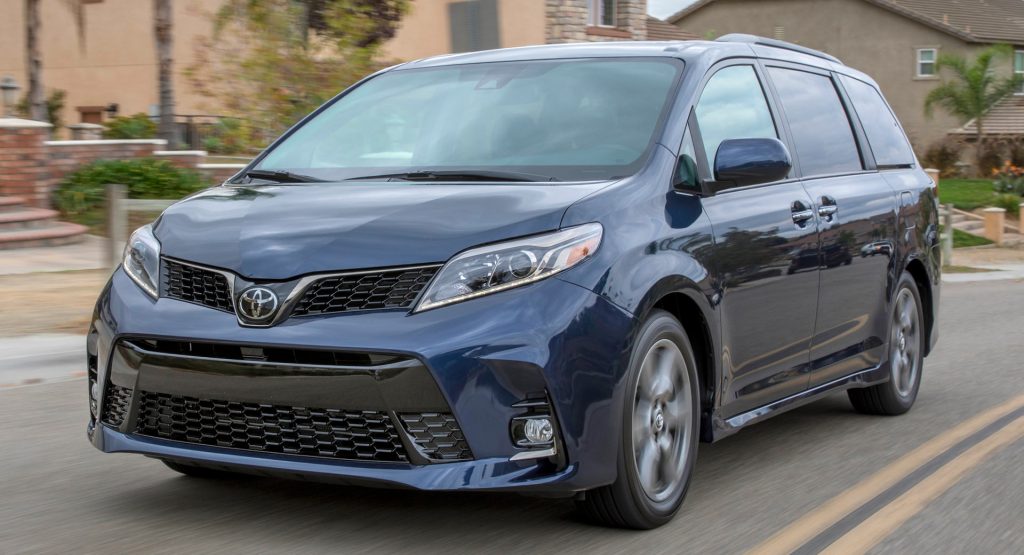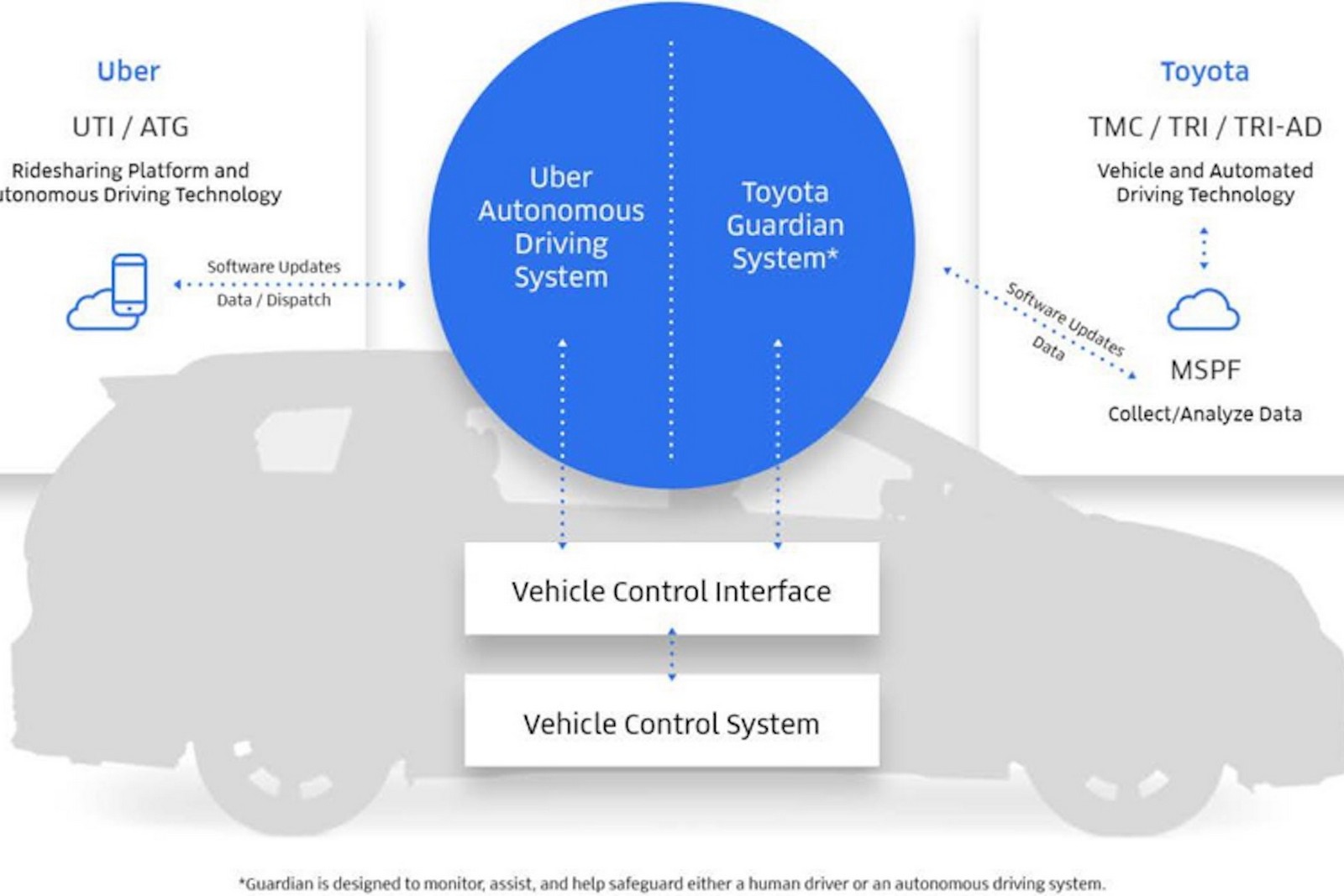eUber’s autonomous driving program suffered a major setback earlier this year when one of its prototypes was involved in a fatal accident in Arizona, forcing the company to stop testing its self-driving tech.
Nevertheless, reports had suggested the ride-hailing juggernaut would resume testing shortly, and now the company has confirmed they have a major new partner.
In a short post, the head of Uber’s Advanced Technologies Group confirmed they are working with Toyota to develop self-driving vehicles. According to Eric Meyhofer, Uber has been working on autonomous driving technology since 2015 and always knew “we couldn’t do it alone.” As a result, it has partnered with “world-class vehicle manufacturers to make our vision a reality.”
Meyhofer went on to say they’re taking their partnership with Toyota to “new heights” and adopting a different approach. While most previous efforts have been focused on investments and promoting vehicles to Uber drivers, the tie-up with Toyota is unique.
Under the terms of the deal, Uber will supply its self-driving system for use in Toyota Sienna minivans. Instead of owning and operating the vehicles, they will be handed over to a mutually-agreed upon third party.
The partnership seems to echo the one established between Chrysler and Waymo, as the automaker supplies a minivan while the other supplies the technology. However, this partnership is unique as the vehicles won’t be owned or operated by either company. It remains unclear who will fill that role, but it’s possible that a fleet operator could be put in charge of deploying the vehicles.
“Our expanded partnership with Toyota signals our commitment to deploying self-driving technology at scale for our riders around the globe”, Uber’s statement reads. The company says Toyota is a strong partner and they look forward to working with each other for years to come.
Besides working together on autonomous driving efforts, Toyota announced plans to invest $500 (£387 / €428) million into Uber. The Japanese automaker said the investment was separate from the autonomous tech partnership and is subject to regulatory approvals.










